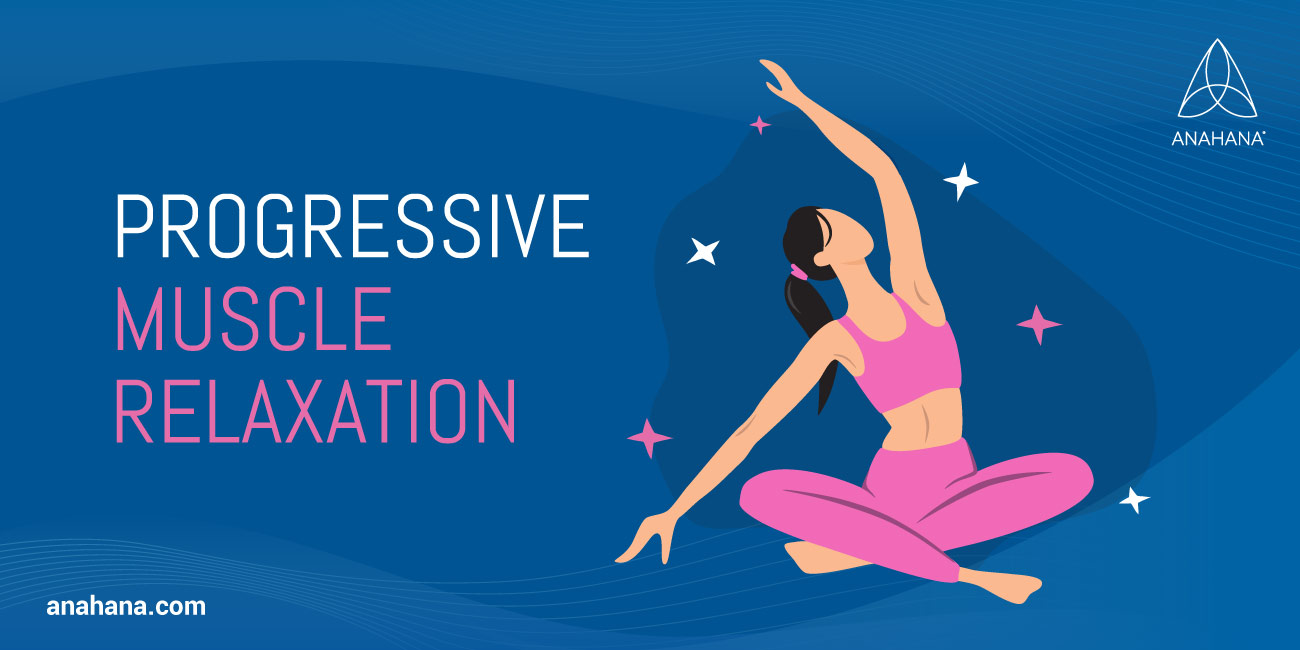Deep Breathing Tips: Stress Reduction

Subheading: Understanding the Role of Deep Breathing in Stress Reduction
Deep breathing exercises serve as powerful tools in alleviating stress and promoting relaxation. By focusing on intentional breathing techniques, individuals can effectively manage stress levels and enhance overall well-being.
Subheading: The Physiology of Deep Breathing
Engaging in deep breathing triggers the body’s relaxation response. It slows the heart rate, lowers blood pressure, and promotes a sense of calmness by activating the parasympathetic nervous system. Understanding this physiological response emphasizes the significance of deep breathing in stress reduction.
Subheading: Techniques for Deep Breathing
Various deep breathing techniques exist, such as diaphragmatic breathing, box breathing, and counted breathing. Each method involves deliberate inhaling and exhaling patterns, contributing to relaxation and stress relief.
Subheading: Practicing Diaphragmatic Breathing
Diaphragmatic breathing, often called belly breathing, involves breathing deeply into the abdomen. This technique encourages the diaphragm to expand fully, allowing for more oxygen intake and promoting relaxation. Regular practice enhances its effectiveness in stress reduction.
Subheading: Incorporating Box Breathing
Box breathing, characterized by equal-length inhales, holds, and exhales, regulates breathing and calms the mind. Its rhythmic pattern aids in reducing stress and promoting mental clarity, making it a valuable tool in managing daily stressors.
Subheading: Counted Breathing for Relaxation
Counted breathing involves inhaling and exhaling for a specific count, allowing individuals to focus on the breath and quiet the mind. This technique promotes mindfulness, reducing stress by redirecting attention to the present moment.
Subheading: Benefits of Consistent Practice
Consistent practice of deep breathing exercises yields long-term benefits in stress reduction. Regular sessions not only alleviate immediate stress but also cultivate a habit of relaxation, enhancing resilience against future stressors.
Subheading: Incorporating Deep Breathing into Daily Routine
Integrating deep breathing into daily routines creates moments for relaxation amidst a busy schedule. Whether during breaks at work, before bedtime, or when feeling overwhelmed, these practices offer quick stress relief.
Subheading: Combining Deep Breathing with Mindfulness
Combining deep breathing exercises with mindfulness techniques amplifies their stress-relieving effects. Mindfulness encourages being present without judgment, fostering a deeper sense of relaxation during breathing exercises.
Subheading: Conclusion: Prioritizing Stress Reduction through Deep Breathing
For a more comprehensive understanding of reducing stress through deep breathing, explore additional insights and techniques here. Prioritizing moments for intentional breathing exercises contributes to overall stress management and cultivates a sense of calm and balance in daily life.

:max_bytes(150000):strip_icc()/abdominal-breathing-2584115-final-14725983e6e144dea6d8c834d9d28b0c.gif)
